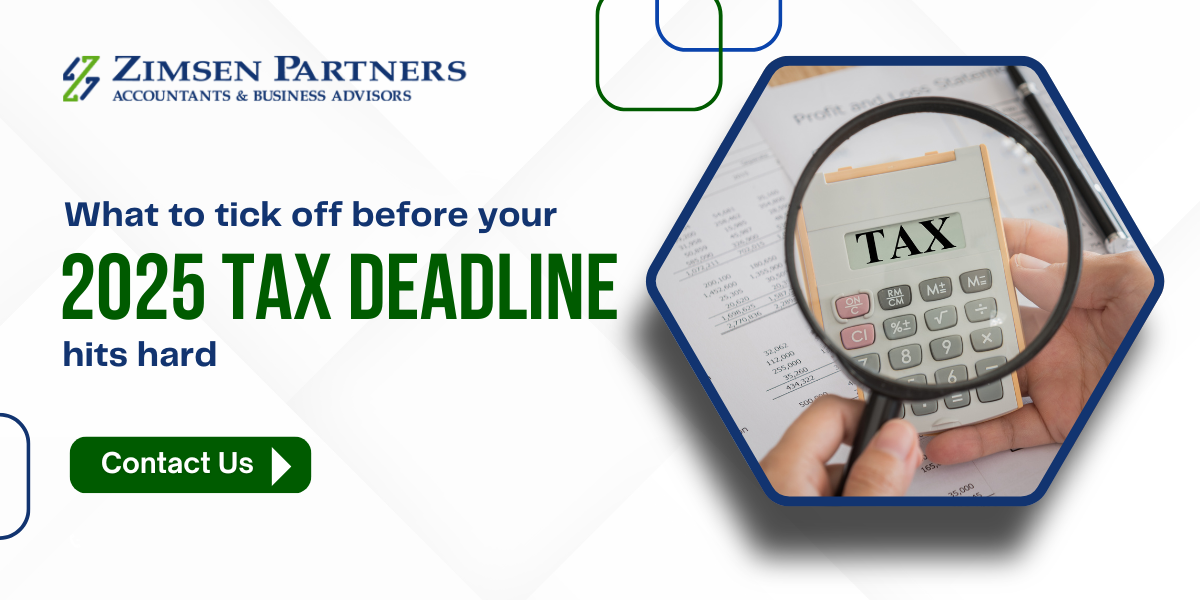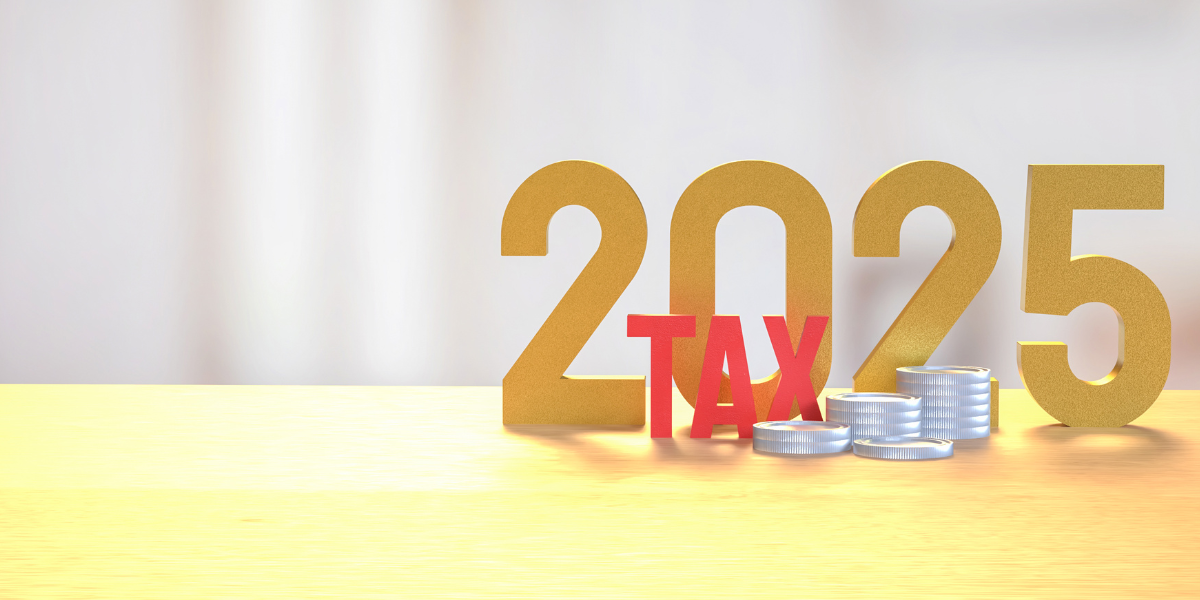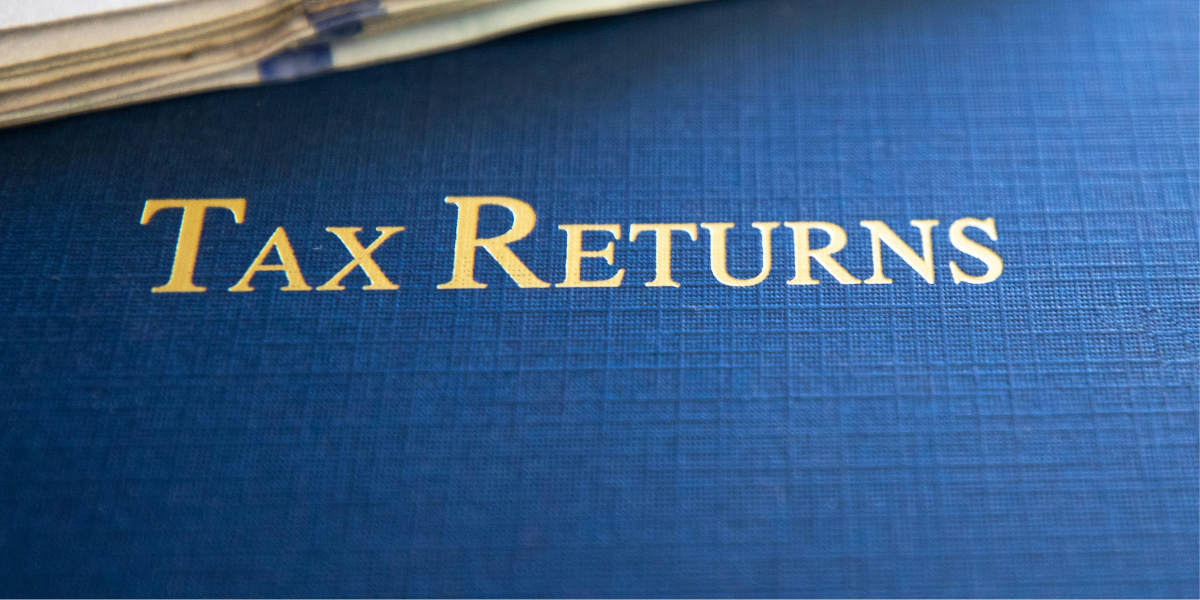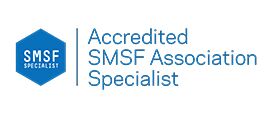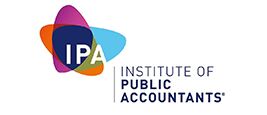The Coronavirus Pandemic has become a major concern for economies worldwide. It is a double edged sword which is affecting both financial as well as health status of nations. Moreover, due to the uncertainty attached, mental, physical and economical stability have all become a matter of concern.
In such a bleak situation, global governments are trying their level best to beat the contagion. In order to provide much needed relief and hope to individuals and businesses, governments are devising inclusive policies to combat the economic depression hand in hand with the health crisis.
In Australia, the Australian Taxation Office (ATO) and the Victorian Government have come up with certain measures that will help revive the economy during the pandemic. These provide various financial benefits and subsidies to all businesses, communities and individuals. Some of these are explained below.
Financial Support for Businesses and Employees
Economic Survival Package: For businesses that have been hit the hardest due to the pandemic, the government has announced a $1.7 billion worth of Economic Survival Package. As the name suggests, this would help worstly affected industries survive the brunt of economic recession.
Payroll Tax Refunds: In order to help businesses and employees minimise losses, the government is providing a payroll tax refund worth $550 million to businesses having a payroll less than $3 million. This is estimated to help around 400,000 employees in keeping their jobs and feeding their families. Additionally, It will especially be of assistance to the leisure, hospitality and entertainment industries.
Business Support Fund: Certain small businesses that are directly affected via the coronavirus crisis but are not obligated to payroll taxes will be eligible for a $500 million business support fund. Some industries that are covered via this are tourism, hospitality, arts, accommodation and more. These were the first recipients of a $10,000 business support fund grant.
Instant Asset Write Off: Via this provision, businesses with a turnover of less than $500 million are eligible to instant asset write off. The threshold for this is set at $150,00. Although, from July, 2020, only small businesses with turnover of less than $10 million will be eligible for this. In addition, the threshold will be $1000.
Cash Flow Boost: Through this relaxation, the ATO will provide a cash flow boost of $10,000 and 20,000 to businesses on presentation of their activity statements. We will credit this amount into their respective accounts. This is also applicable to Not for Profit organisations.
Business Investment Backing: Businesses with a turnover of less than $500 million can waive off depreciation charges on newly acquired depreciable assets. This provision is available from 12 March, 2020 to 30 June, 2021 on first used or installed and ready to use assets.
Financial Support for Individuals and Employees
JobKeeper Payment: Under JobKeeper Payment, an employee can claim $1500 fortnightly payment from the employer. In return, the employer gets back the cost of the employee’s wages. This helps the employees survive COVID-19 by retaining their jobs and earning a steady income.
Superannuation Flexibility: Individuals can access $10,000 worth of superannuation online before 1 July 2020. Following this, they can access more $10,00 from 1 July, 2020 to 24 September, 2020 with taxes waived off. Furthermore, the amount withdrawn will not be recorded under any means tests. Apart from this, temporary residents can withdraw $10,000 from their superannuation before 1 July, 2020. In addition to this, due to significant losses resulting in off balance of superannuation funds in the negative, minimum drawdown requirements for pensions based on the account and other products has been lowered to 50% for retirees.
Work From Home Measures: Rather than refunds on specific additional running expenses incurred for work from home, employees are provided with a simplified process. They can now claim 80 cents per hour for all their running expenses when working from home. This will help support the large workforce that is working from home in lieu of the pandemic. Such provisions are available from 1 March to 30 June, 2020.
Tax on Employment Benefits: In case an individual takes a leave or applies for a temporary stand down, the employer is eligible to pay regular wages or one-off payments. You will be applicable to pay a normal marginalised tax on this income. Whereas, if you aren’t paid wages in full, less tax will be withheld on such payment. On the other hand, if your employment is terminated, you can be eligible to pay either the normal marginalised tax, no tax or lesser than normal tax depending on your employment situation. When your job is abolished before pensionable age, your genuine redundancy payment can be tax free depending on the years of service, concessional as your employment termination payment (ETP) above the tax free threshold or normal taxes above some caps. Besides, your employer has to pay you back your accrued leaves which may be taxed either concessionally or normally depending on the type of leave, termination and date of accrual. These will be recorded on your PAYG payment summary or income statement.
All these are some provisions provided by the government to uplift the Australian economy.
Looking for a business advisor or accountant to help you survive these testing times? Zimsen Partners provides the best services in Victoria. Call us today to understand COVID-19 relaxations applicable to your business.

